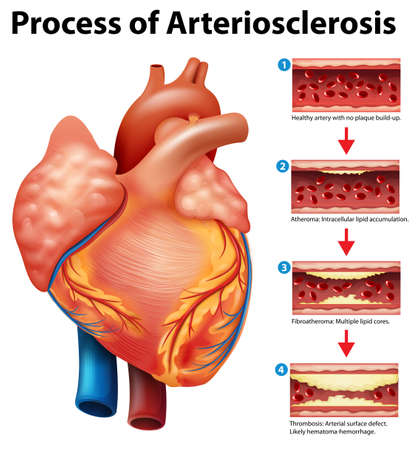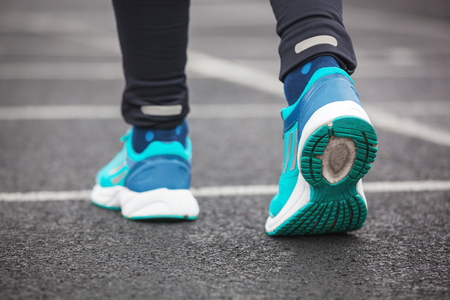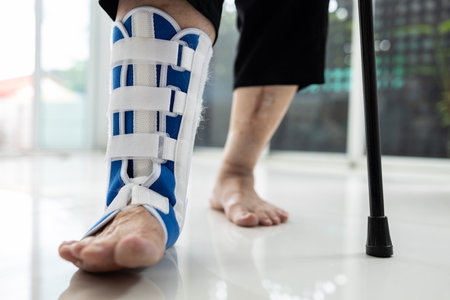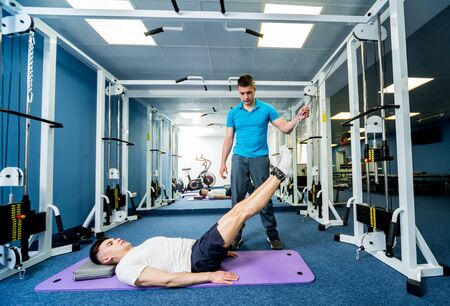Integrating Technology into Exercise Prescription: Opportunities and Challenges in the UK
Introduction to Technology in UK Exercise PrescriptionThe landscape of fitness and rehabilitation in the UK is undergoing a rapid transformation, shaped by the seamless integration of technology into traditional exercise prescription. No longer confined to paper-based plans or standardised routines, today’s practitioners and clients are embracing a wealth of digital tools that offer personalised, data-driven…








